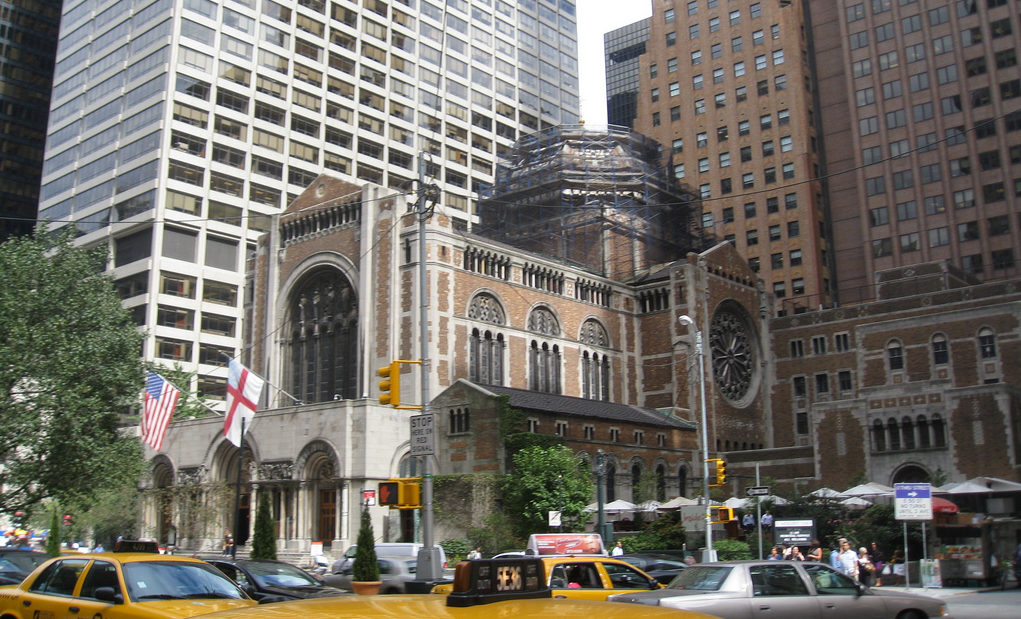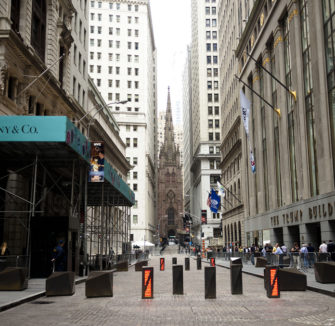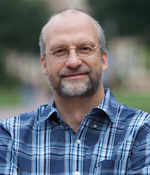
An important thread that runs clearly throughout the three responses to my book here, and through my book itself, concerns the fundamental human problem of identity and difference. How are we humans truly like each other in ways we can and must recognize and affirm and appreciate? And how are we genuinely different from each other in ways we must also acknowledge and respect? Humans expend massive energy trying to grind out answers to these thorny questions.
Scholars of religion do so when trying to honor the particularities of distinct religious traditions, sub-traditions, communities, and even individual religious experiences—while simultaneously struggling to name and describe a common subject matter, “religion,” that draws our shared focus of attention in a search for patterns across religious differences that may somehow signal something about our common human condition. But not only scholars wrestle with identity and difference. Much of the activity of everyday human life and of extraordinary social movements is also consumed with making sense of the pulls of identity and difference. With or to whom do we belong, and then who is the other, the not-us? Where do we find solidarity, and then who to us are strangers and rivals? What finally binds any of us humans together at any level, and then why and how do we resist being bound too tightly?
Scholars reflect different proclivities in these matters. Some are lumpers who see patterned commonalities, some are splitters who see distinctions. Sociologists tend toward the former by their disciplinary sensibilities, historians the latter. But it is impossible to escape the imperatives and reminders of either. While writing my book, a friend—a splitter—who graciously read the manuscript suggested cautiously that I limit my discussion to those religious traditions with which I actually had some expertise and not try to accomplish anything inclusive, much less universal. I understood. But I resisted. As a critical realist, I believe there is practiced in the real world, objective to our scholarly interpretations of it, a category of meaningful human activity that we call “religion,” and that we might as well get on with describing and understanding it as well as we can. That of course immediately requires acknowledging the massive differences that are evident within religion. Which religious hymns may rightly be paired with which others, for example, and why? What do we make of the fact that some religions have Creator Gods while others do not? The fundamental challenge of identity and difference always remains.
The same is true of lived human experience in modernity. Humans have struggled with problems of identity and difference forever, that is nothing new. We are driven by our basic biological, cognitive, and social human constitution. But modernity as a specific social formation dramatically accentuates the difficulties involved. The modern imperatives of identity become overwhelming at times, whether in modern nationalisms, state collectivisms, or totalizing mass-consumer capitalist lifestyle norms. The contradictory imperatives of difference likewise push to extremes in modernity, whether in radical liberal individualism, identity politics, or the democratization of genius’s obligation that every citizen have an equally valuable opinion to express on everything.

Shifting the frame, we see a central problem as the contradiction in modernity between freedom and control, autonomy and discipline, self-assertion and acquiescence. What is modernity if not the life-or-death cry of “Liberty!”? Who is a modern if not the one who charts her own life path against all external constraints? Yet which of us moderns is not absolutely subject to the invasive eyes and hands of the state, the police, the military, the corporation? We are watched, controlled, disciplined at every turn. Modernity has indeed set “the individual” free while simultaneously perfecting the logistics of totalizing social control and discipline. Self-assertion and surveillance are modernity’s twins who will not stop fighting. In the end, the appearance of self-assertion will likely be coopted by the imperatives of surveillance, because the transcendent controlling interests of the owners of capital and the national security state will demand it, and because mass consumers are trained not to see and resist. Meanwhile, the long, agonistic process of the emergence, intensification, and recurrent mêlées generated by the contradictions of modern freedom and control will continue to write the developing script of human experience in the next decades.
All of this explains why modernity always has and will mean multiple modernities, not a singular modernity. The idea of the latter was an academic delusion generated by the Cold War. But we see now that one enlightened, democratic, capitalist, modern world order did not emerge from the collapse of communism. It could not have. Modernity is not simply a political and economic project, but more deeply a cultural one, in some ways a sacred or quasi-religious project. And the cultural project of modernity has never been internally stable, but contradictory, proceeding not as a unified all-systems-go, but deeply at odds with itself.
Liberty? Order? Freedom? Control? Autonomy? Centralization? Self-expression? Self-discipline? Self-affirmation? Surveillance? These are not “or” questions for modernity but “and” problems of modernity. And given our boundless human capacities for creativity and contradiction, obligation and objection, social solidarity and personal self-assertion, the kinds of concrete historical projects, movements, and institutions that modern actors will inevitably generate, live with, and die for will have the character not of singular unity but multiplicity, difference, and internal opposition.
Here we return to religion in modernity. Religion has of course played a leading role in the centuries of modern agonistic struggle over freedom and control, identity and difference. Precisely because religion possesses so many causal powers to shape people and the world, as I describe in the second chapter of my book, religion has not simply faded away into modern secular irrelevance. It is too potent at every level of human interest to have done that. Simply on the question of identity, for instance—meaning not only the matter of general shared similarities, but more specifically personal and social identifications: Who are my people? To whom do I belong?—religion is a key issue in every important economic and geo-political equation running today. And at the heart of those religious issues sits the unresolvable problem of human identity and difference, sameness and otherness, solidarity and exclusion. Thus, in ways that may previously have been opaque to us, highly diverse questions—such as, for example, which religious hymns might be well quoted together in scholarly texts, whether a Creator God is needed as the basis of mutual comprehension, or when we might attribute some outcome to the work of a superhuman power or not—reveal discernable patterns of underlying significance.
If we summarize our modern global problem as being about how to sustain minimal non-destructive coexistence if not actual self-interested cooperation in a radically pluralistic world in which globalization has liquidated most of the constraints of space-time, we continually return to the matter of identity and difference. What do we share? How are we different? And what practically does that mean? It may be that, far from becoming an irrelevant bygone in a secular age, religion proves, for better or worse, to be the telltale factor.
Featured Image: Wally Gobetz, on Flickr.com. “NYC – FiDi: Trinity Church.”

